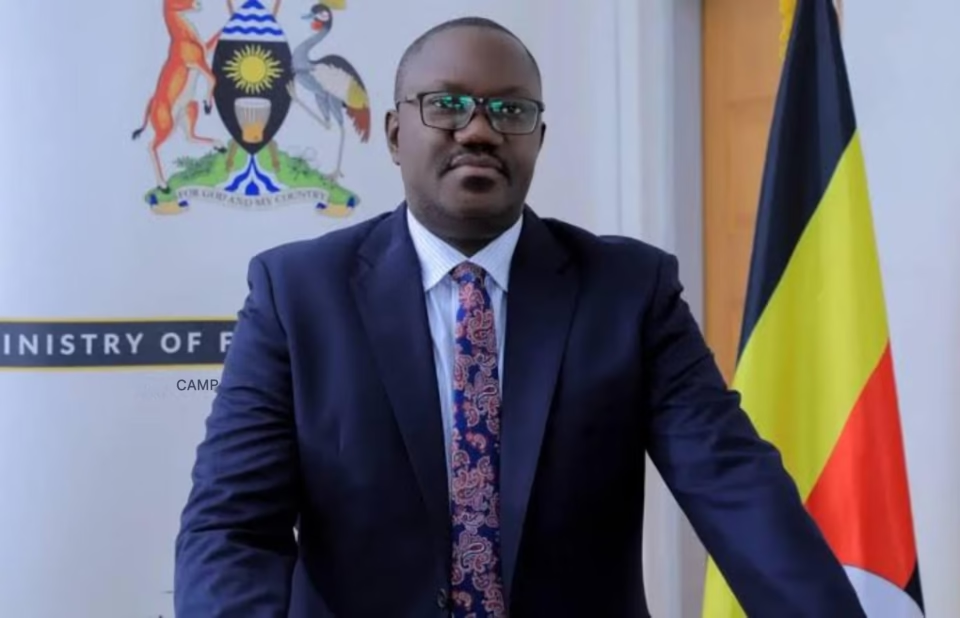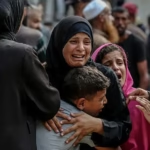Permanent Secretary, Ministry of Foreign Affairs, Vincent Bagiire Waiswa
Aug 21 – Uganda has entered into an agreement with the United States to take in nationals from third countries who may not get asylum in the U.S. but are reluctant to return to their countries of origin, the foreign affairs ministry said on Thursday.
President Donald Trump aims to deport millions of immigrants who entered the U.S. illegally and his administration has sought to increase removals to third countries, including by sending convicted criminals to South Sudan and Eswatini.
“This is a temporary arrangement with conditions including that individuals with criminal records and unaccompanied minors will not be accepted,” Vincent Bagiire Waiswa, the ministry’s permanent secretary, said in a statement.
Waiswa added that Uganda would prefer to receive people from African nationalities under the agreement.
“The two parties are working out the detailed modalities on how the agreement shall be implemented,” he said.
Uganda’s Permanent representative to the United Nations, Adoniya Ayebare, who is part of the special committee appointed by President Museveni to handle the negotiations, confirmed that negotiations with the US including a framework on immigrations, have been underway for months. “We are actively engaged in with the US. side on tariffs and immigration”, he said
On Wednesday, Uganda’s State Miister for International Relations Henry Okello Oryem, had denied a report that the East African country had agreed to take in people deported from the United States, saying it lacked the facilities to accommodate them.
Uganda todate is the largest refugee hosting African country with nearly 2 million refugees and asylum seekers, with a significant increase in arrivals from neighbouring countries of the Democratic Republic of Congo (DRC), South Sudan, and Sudan. The surging influx is straining social services and pushing the reception system to its limit, prompting a call for increased international funding and support to address growing desperation, reduce vulnerable conditions, and sustain Uganda’s progressive refugee policies
Kampala lone is home to 157,244 refugees, about 8.3 percent of the total. As of April 30, Eritreans numbered 58,720 (3.1 percent), Somalis 50,611 (2.7 percent), and Ethiopians 15,349 (0.8 percent)



